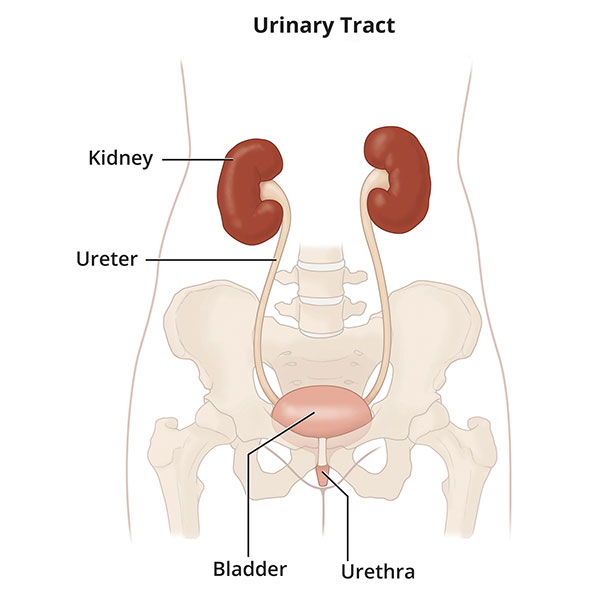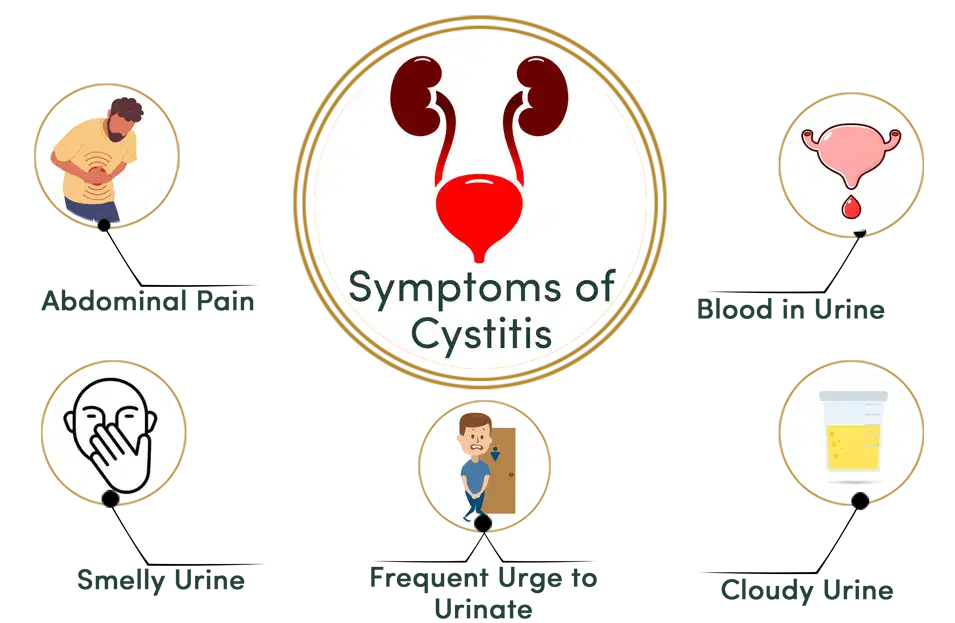
There are many different cystitis symptoms, each with its own cause and treatment. A GP can diagnose cystitis through your symptoms and may prescribe antibiotics for a bacterial infection. The treatment of cystitis generally requires three days of antibiotics, but some people may need more. If your condition is severe, you should see a specialist. If you are suffering from any of the symptoms described above, you should consult a doctor or pharmacist to find the most appropriate treatment.
Usually, cystitis symptoms are a result of a bacterial infection. The bacteria may travel from your bladder to your kidneys and cause serious problems. For this reason, it is important to seek medical treatment right away. You may be able to treat the infection at home using several home remedies. However, it’s best to consult a doctor as soon as you notice symptoms. If you’re experiencing pain, try taking a warm bath or applying hot water to your abdomen. Cranberry juice is also helpful for some.
Besides a fever, cystitis symptoms can also include backache, vomiting, and shivering. These symptoms indicate that the infection has spread to the kidneys, resulting in a severe case of cystitis. To help relieve the discomfort and swelling, you can try home remedies. These aren’t cures for cystitis, but they can help you manage the pain. You can also apply wheat or hot water packs to your bladder or stomach. Moreover, you can take a warm bath. You can even drink cranberry juice to relieve cystitis.
Despite the fact that the most common symptoms of cystitis are the pain and burning during urination, you should still be cautious and take the proper steps to treat the disease as soon as possible. If you have been sex with someone with a bacterial infection, there’s a good chance that you’re developing cystitis too. It’s always a good idea to take preventive measures before a bacterial infection becomes severe.
The most common symptoms of cystitis are pain during urination and an urge to pee more frequently. A fever, backache, and increased pain can be caused by the bacteria in your bladder. Your doctor may recommend antibiotics to treat the infection. If you have any of these symptoms, you should see a doctor as soon as possible. You can also do some simple home remedies for cystitis. Some of these will help you relieve the pain but will not cure the infection itself.

During urination, your bladder may be painful or swollen, which makes it uncomfortable. If you’re experiencing any of these symptoms, you should visit your doctor immediately. The pain, swelling, and bleeding can be signs of cystitis, but there’s no need to worry. There are many natural treatments that will ease the symptoms of cystitis. You should consult a physician if you’re experiencing any of these symptoms.
Other symptoms of cystitis include weakening of the bladder, pain in the abdomen, and insomnia. You may also experience other problems that might require urgent medical attention. Pyelonephritis is a type of kidney infection that can cause serious problems. During this condition, bacteria will cause inflammation of the bladder mucous membranes and can also travel up the urethra. In this case, you might also experience blood in your urine.
To relieve bladder pain and swelling, you should limit your intake of alcohol, caffeine, and other highly acidic foods and drinks. Avoiding these foods may speed up the resolution of symptoms. To prevent cystitis, you need to drink at least six to eight glasses of water a day. For more information on the prevention and effective treatment of cystitis, see the health website https://hopitalcentral.org/. You can also drink barley water to dilute the acid in your urine and reduce pain and inflammation in your bladder. If you have a bacterial infection, your doctor may prescribe antibiotics to treat the infection.
If you experience any symptoms of cystitis, you should contact your doctor immediately. There are several ways to treat cystitis, including home remedies and getting tested. Your doctor may recommend surgery or antibiotics to relieve pain and inflammation. It is important to remember that treatment for cystitis depends on whether your symptoms are bacterial or inflammatory. If the infection is a symptom of a larger, more serious infection, you should seek medical attention.
